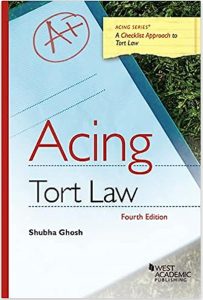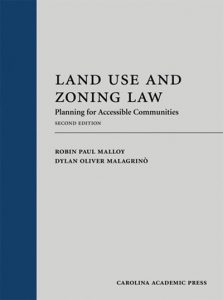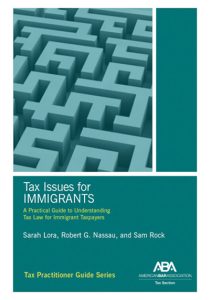Acing Tort Law: A Checklist Approach to Tort Law
(4th. Ed. 2022)
Shubha Ghosh
Crandall Melvin Professor of Law; Director, Syracuse Intellectual Property Law Institute
West Academic

This study aid features an innovative method of content organization. It uses a checklist format to lead students through questions they need to ask to fully evaluate the legal problem they are trying to solve. It also synthesizes the material in a way that most students are unable to do on their own, and assembles the different issues, presenting a clear guide to procedural analysis that students can draw upon when writing their exams. Other study aids provide sample problems, but none offers the systematic approach to problem solving found in this book combined with concise analytical summaries of the leading issues in tort law.
Redação Jurídica: Estilo Profissional
(2d Ed. 2023)
Antonio Gidi
Teaching Professor
Casa do Livro Jurídico

This treatise discusses the main principles of legal writing style for a foreign audience. It includes chapters on concision, precision, clarity, simplicity and vigor, as well as sentence and paragraph structure and size. A manifest against legalese, the book also discusses the use of cohesion, punctuation, grammar, and cadence to expose the writer’s voice.
Land Use and Zoning Law: Planning for Accessible Communities
(2nd Ed., 2022 & Teacher’s Manual 2022)
Robin Paul Malloy
E.I. White Chair and Distinguished Professor of Law; Kauffman Professor of Entrepreneurship and Innovation; Director, Center on Property, Citizenship and Social Entrepreneurism
(with Dylan Oliver Malagrinò)
Carolina Academic Press

This straightforward and easy-to-use casebook covers all of the basics needed for a successful zoning law practice. It is traditional in that it covers all of the basic elements of zoning and planning law, featuring classic cases and a clear statement of the governing law. At the same time, it is unique in that every chapter also includes cases on accessibility, integrating coverage of disability law and accessibility into every chapter of the book. Issues of accessibility are becoming more important in local zoning practices and lack of accessibility is increasingly a matter of litigation, all of which gives this casebook a contemporary relevance and perspective typically not offered in other books.
In addition, the casebook is organized around four key elements. Every chapter includes Questions for Consideration, TakeAways, Discussion Problems, and Practice Problems. Students benefit from these learning features and instructors can use them in their outcome assessments. The casebook comes with a complete teacher’s manual that provides detailed materials to make class preparation effective and efficient.
Tax Issues for Immigrants (2022)
Robert Nassau
Teaching Professor; Executive Director, Office of Clinical Legal Education; Director, Low Income Taxpayer Clinic
(with Sarah Lora & Sam Rock)
American Bar Association

Tax Issues for Immigrants introduces the reader to the basics of taxation for immigrants, their spouses, and their dependents, as well as immigration law as it intersects with tax law. Content includes recent changes to immigrants’ eligibility for tax credits, identification numbers for taxpayers without Social Security numbers, and other considerations for noncitizens.
The tax code is increasingly differentiating and making more complex the obligations and rights of immigrant taxpayers, especially after the enactment of the PATH Act and the Tax Cuts and Jobs Act, which makes representing immigrant taxpayers increasingly difficult. Tax Issues for Immigrants expands on a chapter in Effectively Representing Your Client Before the IRS to explore issues that arise for immigrant taxpayers, their spouses, and their dependents, introducing readers to how the tax code treats different types of immigrants. It also examines how the tax code treats resident and nonresident taxpayers and taxpayers with spouses and/or dependents in foreign countries. The book looks at how the tax code treats taxpayers, spouses, and dependents with ITIN numbers, including their eligibility for dependent exemptions, head of household filing status, and anti-poverty tax credits. It also provides general information about the immigration consequences for filing or non-filing of returns, as well as nonpayment of taxes. And it discusses taxpayer language access rights as it relates to communicating with the IRS.
